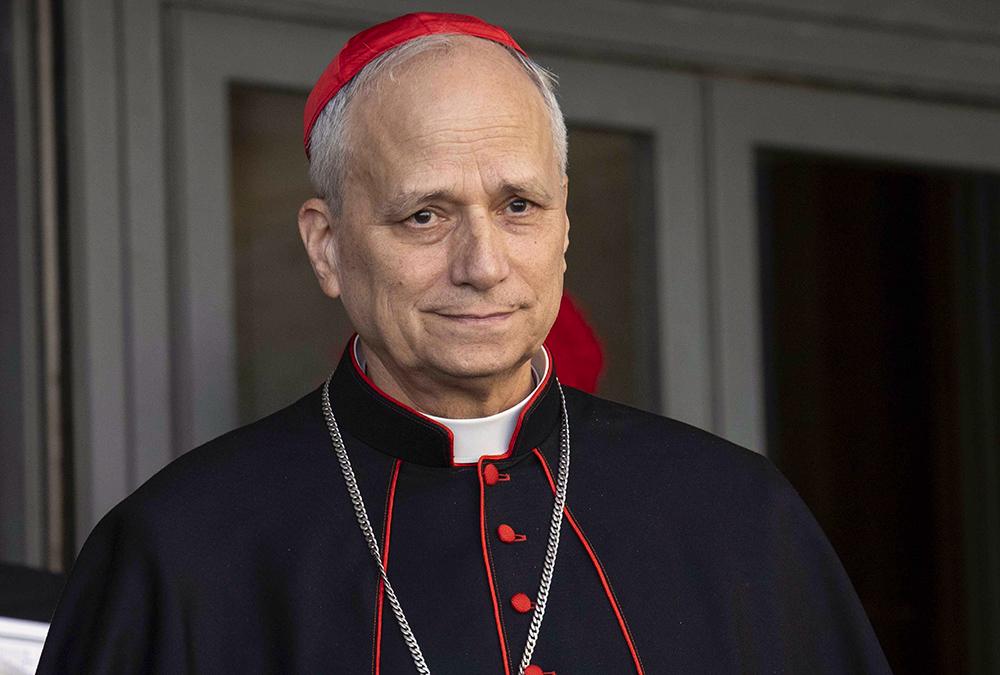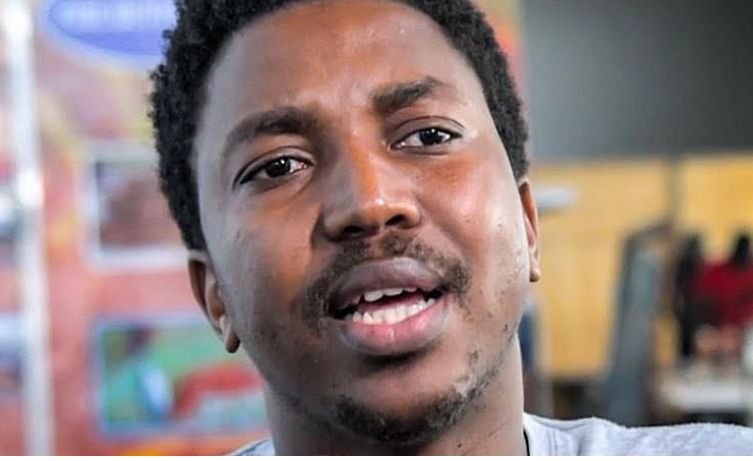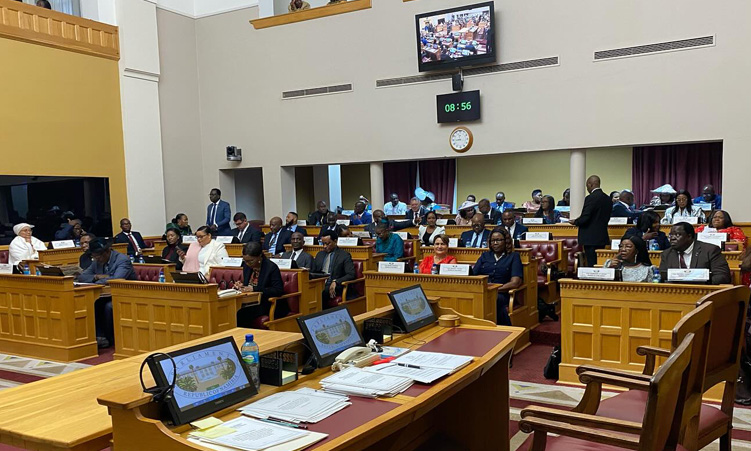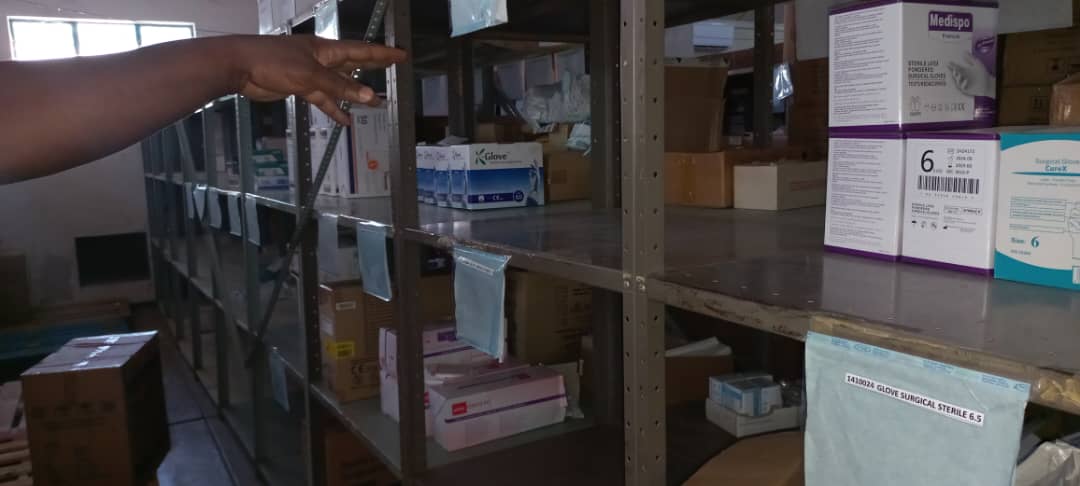GENEVA – A dozen rich and poor countries launched talks on Monday to reach agreement on trade in industrial goods, diplomats said.
The talks, hosted by the United States, include the European Union and Japan with advanced developing countries like India, China and Brazil, and are due to run for one or two weeks. The talks mark a potentially decisive attempt to reach the outlines of a global trading deal before the European summer break, widely seen as necessary if an overall agreement is to be completed this year before a change of US administration.Trade ministers meeting in Paris last week agreed to give the talks new momentum by telling senior officials to “engage intensively” on industrial goods, after Washington and Brussels warned the world trade talks could collapse.Talks on cutting industrial tariffs as part of the World Trade Organisation’s (WTO) Doha round have proved to be surprisingly difficult, with rich and poor countries divided over the extent to which each should open up their markets.The United States and European Union complain that developing countries are focusing too much on agriculture, and are not willing to make the opening in industrial goods which is where the big gains for the world economy can be found.But developing countries, pointing to the food crisis, say rich nations are not doing enough to cut the huge subsidies and high tariffs on farm products that distort agricultural trade.AGRICULTURE VS INDUSTRY The Doha round, launched in late 2001 to boost the world economy, especially developing countries, by freeing up trade, has made progress on the more politically sensitive and complex issue of agriculture, even though big differences remain.Now with industry holding up prospects of agreement, officials are trying an approach that worked with some complicated farming problems – getting a few of the leading countries around a table to examine what a deal could look like.Whether that approach can lead to signs of convergence in industrial goods over the next two weeks, enabling ministers to come and take the big political decisions on a deal in late June or early July, remains to be seen.It took more than seven months to reach an understanding on the contentious agriculture issue of how countries can shield sensitive products from the full force of tariff cuts.And diplomats say it is still not clear whether ministers have given their officials the mandate to make concessions.Unwillingness to negotiate and compromise led the WTO mediator on industrial goods to suspend the talks last week.Meanwhile WTO members continued to trade barbs.US WTO ambassador Peter Allgeier, noting the Doha talks were at a critical juncture, said President George W Bush was willing to make bold proposals and take political risks – provided others do the same.”But breakthroughs are urgently needed where the greatest impetus to growth and the greatest development gains will come,” he told a WTO review of US trade policy in a reference to big developing countries such as China that are benefiting from the opening of trade under the WTO.But China’s WTO ambassador Sun Zhenyu told the review that a breakthrough in the talks depended on the farm negotiations.Nampa-ReutersThe talks mark a potentially decisive attempt to reach the outlines of a global trading deal before the European summer break, widely seen as necessary if an overall agreement is to be completed this year before a change of US administration.Trade ministers meeting in Paris last week agreed to give the talks new momentum by telling senior officials to “engage intensively” on industrial goods, after Washington and Brussels warned the world trade talks could collapse.Talks on cutting industrial tariffs as part of the World Trade Organisation’s (WTO) Doha round have proved to be surprisingly difficult, with rich and poor countries divided over the extent to which each should open up their markets.The United States and European Union complain that developing countries are focusing too much on agriculture, and are not willing to make the opening in industrial goods which is where the big gains for the world economy can be found.But developing countries, pointing to the food crisis, say rich nations are not doing enough to cut the huge subsidies and high tariffs on farm products that distort agricultural trade.AGRICULTURE VS INDUSTRY The Doha round, launched in late 2001 to boost the world economy, especially developing countries, by freeing up trade, has made progress on the more politically sensitive and complex issue of agriculture, even though big differences remain.Now with industry holding up prospects of agreement, officials are trying an approach that worked with some complicated farming problems – getting a few of the leading countries around a table to examine what a deal could look like.Whether that approach can lead to signs of convergence in industrial goods over the next two weeks, enabling ministers to come and take the big political decisions on a deal in late June or early July, remains to be seen.It took more than seven months to reach an understanding on the contentious agriculture issue of how countries can shield sensitive products from the full force of tariff cuts.And diplomats say it is still not clear whether ministers have given their officials the mandate to make concessions.Unwillingness to negotiate and compromise led the WTO mediator on industrial goods to suspend the talks last week.Meanwhile WTO members continued to trade barbs.US WTO ambassador Peter Allgeier, noting the Doha talks were at a critical juncture, said President George W Bush was willing to make bold proposals and take political risks – provided others do the same.”But breakthroughs are urgently needed where the greatest impetus to growth and the greatest development gains will come,” he told a WTO review of US trade policy in a reference to big developing countries such as China that are benefiting from the opening of trade under the WTO.But China’s WTO ambassador Sun Zhenyu told the review that a breakthrough in the talks depended on the farm negotiations.Nampa-Reuters
Stay informed with The Namibian – your source for credible journalism. Get in-depth reporting and opinions for
only N$85 a month. Invest in journalism, invest in democracy –
Subscribe Now!










